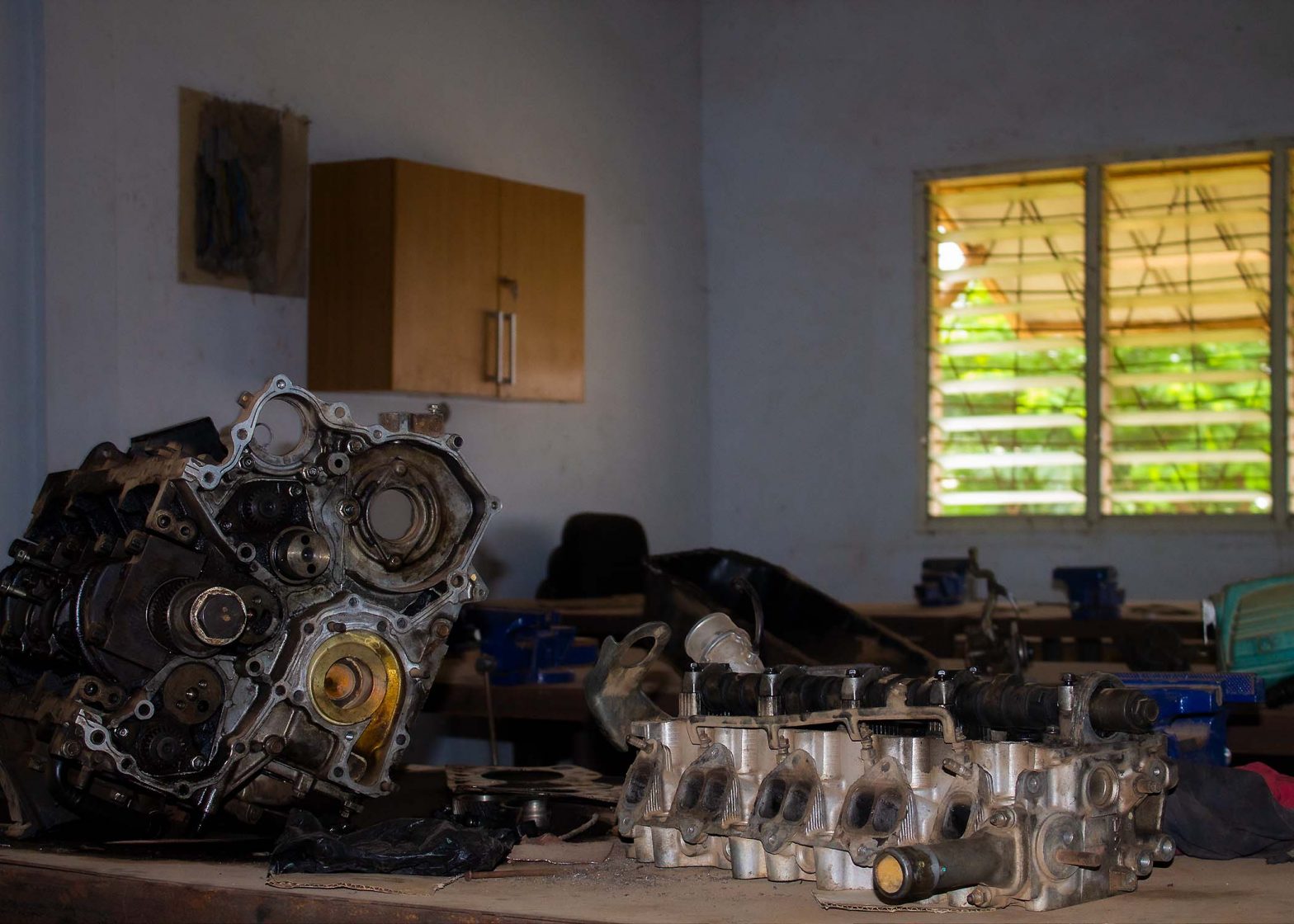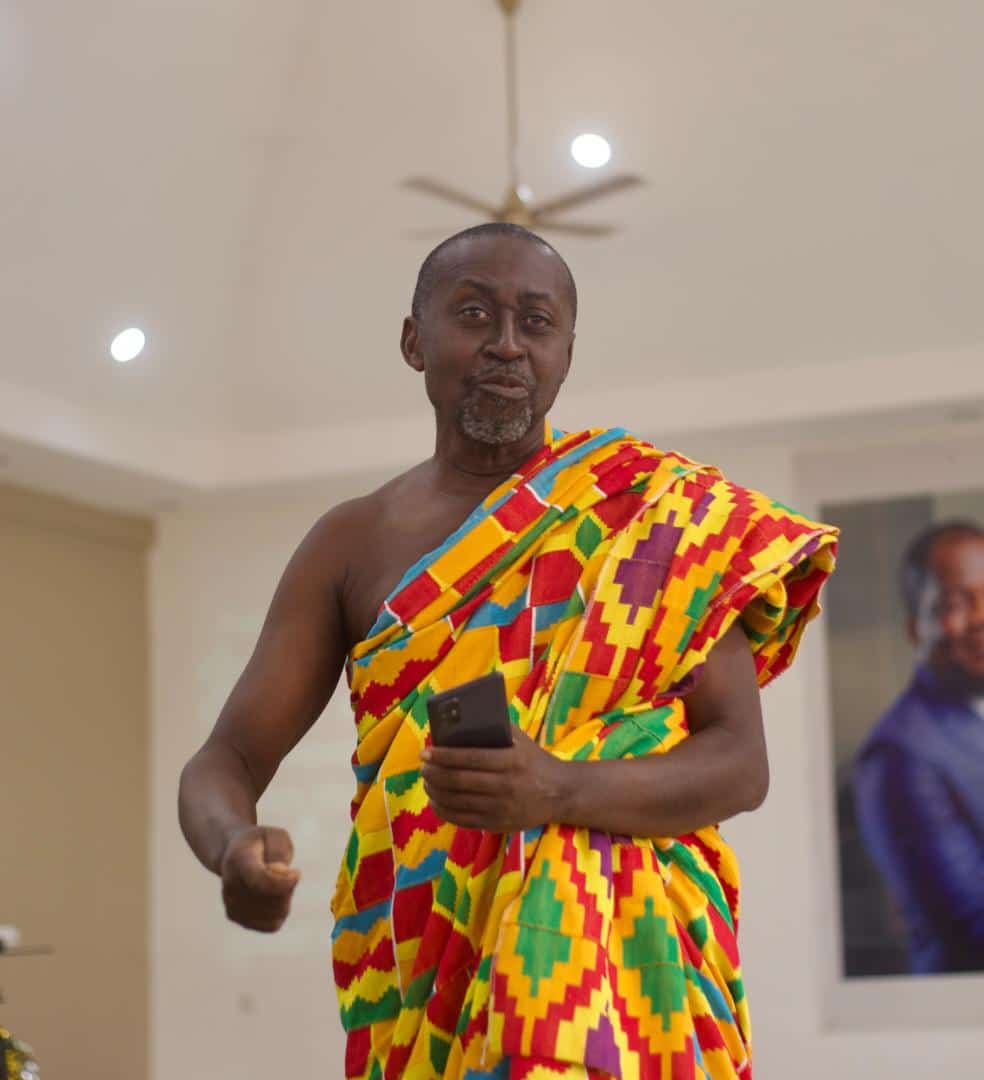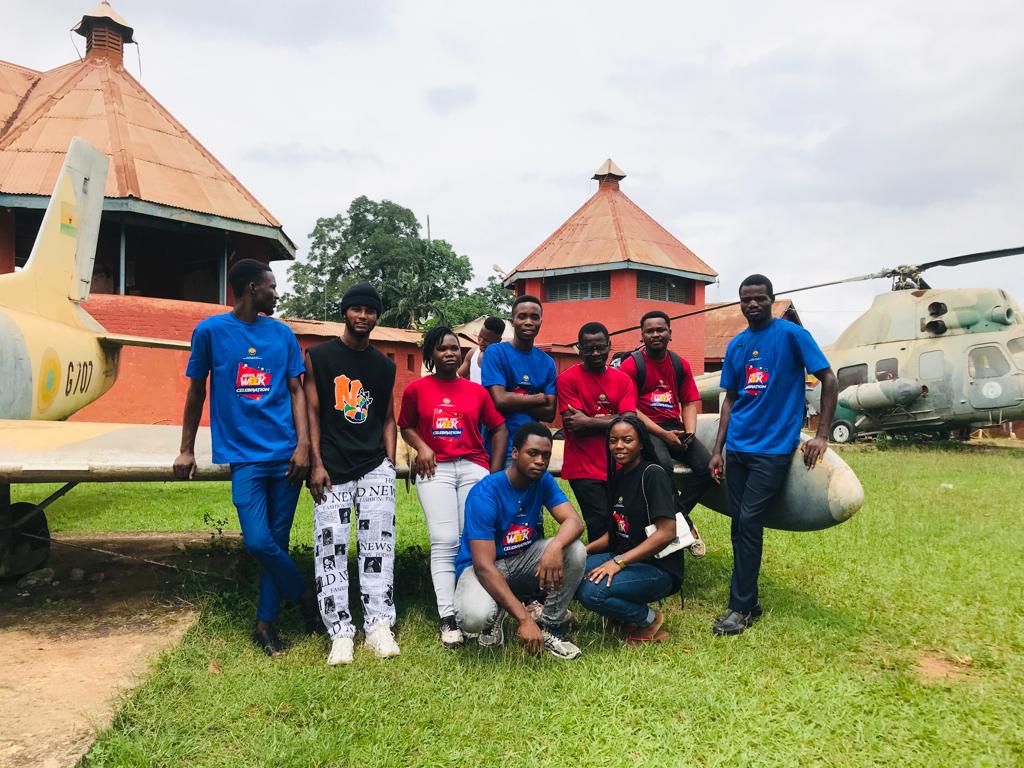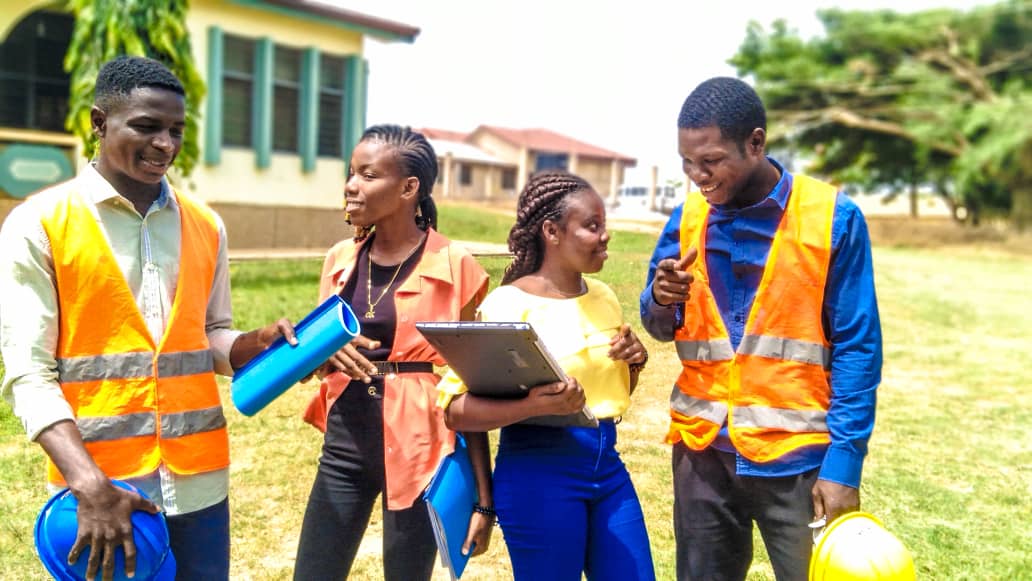Exciting News! SRC Organizes Educational Trip to Kantanka Automobile Fellow students!The Students’ Representative Council (SRC) of our esteemed technical university is thrilled to announce an educational trip to Kantanka Automobile, located at Wineba, on Wednesday, 26th April 2024.What to ExpectThis trip offers a unique opportunity to explore the innovative world of automobile manufacturing and technology. KantankaContinue reading “Exciting News! SRC Organizes Educational Trip to Kantanka Automobile”
Author Archives: agihl
Recap of the Occupational Health and Safety Seminar
Last week, the Student Representative Council (SRC) orchestrated a captivating seminar delving into the crucial realm of Occupational Health and Safety (OHS). The event, hosted by the esteemed Eng. Dr. Anthony Cann-Tamakloe, not only shed light on vital safety protocols but also empowered attendees with essential knowledge for their future careers. The seminar, heldContinue reading “Recap of the Occupational Health and Safety Seminar”
Our Labs and Workshops
With the CBT Based training, Research and practical practice at AGIHL aims to develop innovative solutions to the world’s most daunting engineering challenges. From addressing the mechanical and agricultural needs of tomorrow to improving already existing mechanizations. AGIHL’s research efforts are enhanced through creative collaborations with leading technical/industrial intuitions and as wells as gifted individuals.Continue reading “Our Labs and Workshops”
About Our Rector – Prof. Ernest Owusu-Ansah
The Rector of Assemblies of God Institute of Higher Learning is Prof. Ernest Owusu-Ansah (AGIHL). He is a professor of biomedical chemistry. In 2009, Prof. Ernest Owusu-Ansah graduated from the University of Bristol with a PhD in chemistry. He spent most of his career at the University of Cape Coast’s chemistry department (UCC). He wasContinue reading “About Our Rector – Prof. Ernest Owusu-Ansah”
Our Community
AGIHL’s diverse community, which includes students, faculty, staff, alumni, partners, and more, collaborates on research, education, and various extracurricular activities. In addition to academic pursuits, the community comes together through student clubs, staff organizations, and religious life groups.
About Assemblies of God Institute of Higher Learning
The education system in Ghana founded by the British remains largely unchanged even after over half a century of independence. Since the trend was to train manpower to run government businesses, institutions were set up with specific mandates for training of personnel. The mode of delivery since then has always been knowledge-based training. Although technicalContinue reading “About Assemblies of God Institute of Higher Learning”





